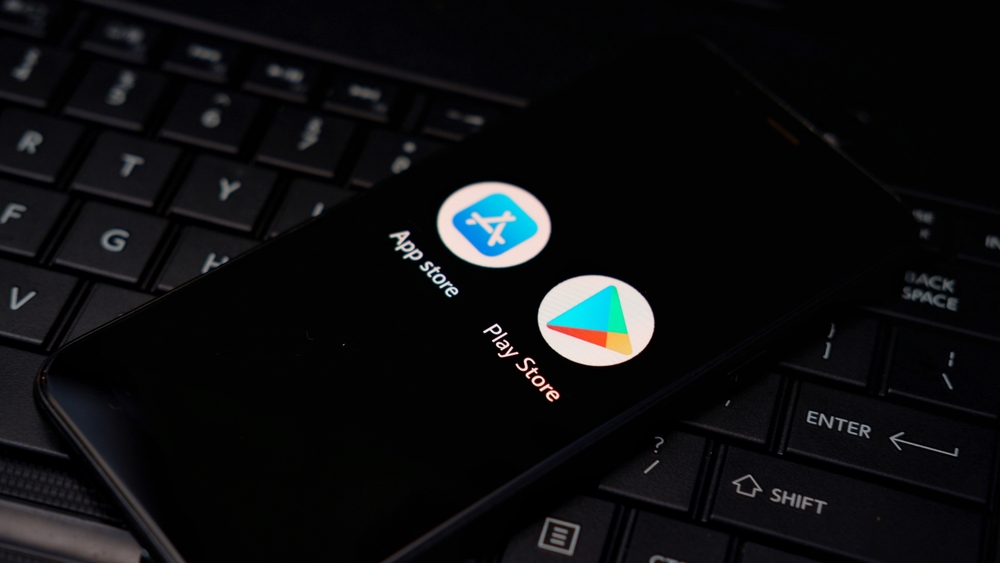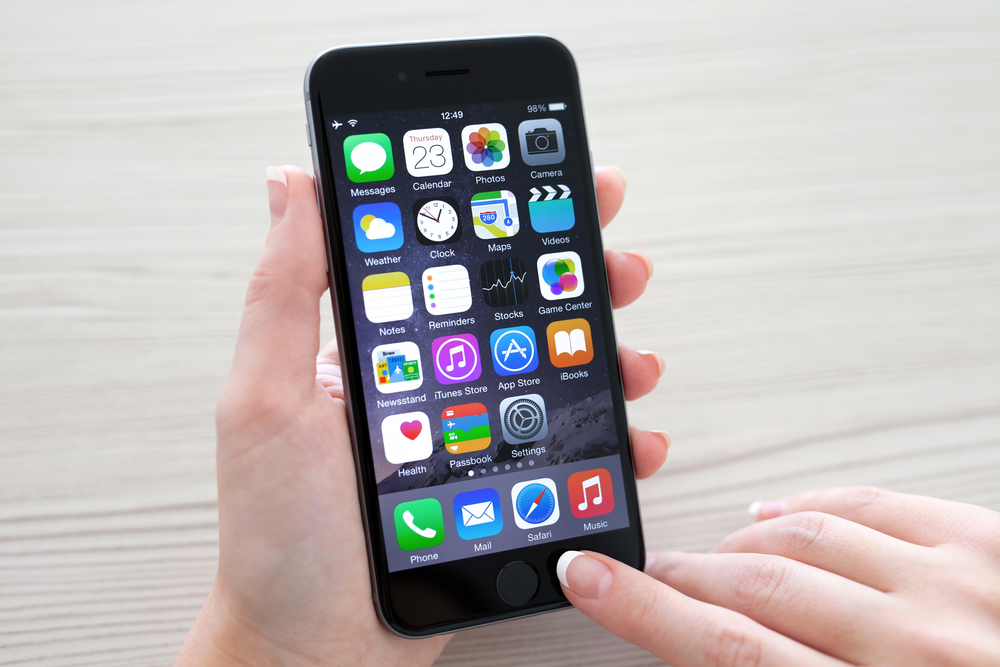
Mobile App Marketing: Expert Tips and Proven Promotion Strategies

Mobile apps have become an integral part of our daily lives, providing convenience, entertainment, and essential services at our fingertips. However, with millions of apps available in various app stores, it can be challenging for app developers to get their creations noticed among the masses. To stand out in this highly competitive market, mastering mobile Google Play or App Store app marketing is crucial. In this article, we will explore expert tips and proven promotion strategies to help you effectively market your mobile App Store or Google Play app and increase its visibility and user base.
1. Understand Your Target AudienceBefore delving into the marketing strategies, it is vital to have a clear understanding of your target audience. Take the time to research and identify the demographics, interests, and pain points of your potential users. By understanding their needs, preferences, and behaviors, you can tailor your marketing efforts to effectively reach and engage with them. Conduct surveys, analyze competitor apps, and seek feedback from early users to gain valuable insights.
2. Optimize Your App Store Listing
One of the first steps to conquer mobile iOS or Android app marketing is to optimize your app store listing. This is crucial as it is where users discover and decide whether to download your app. Begin by selecting a catchy and relevant app name, using relevant keywords to enhance searchability. Craft a compelling app description that clearly communicates the unique features and benefits of your app and prompts users to take action. High-quality screenshots and videos showcasing the app's functionality are also essential to capture the attention of potential users.
3. Leverage App Store Optimization (ASO)
App Store Optimization (ASO) is the process of optimizing your app's visibility in the app store search results. Similar to SEO for websites, ASO involves incorporating relevant keywords in your app title, description, and throughout the app content. Conduct thorough keyword research to identify the most relevant and frequently searched keywords for your app niche. Implementing ASO best practices can significantly improve your app's discoverability, driving organic downloads and enhancing its ranking in the app store.
4. Build a Stellar Online Presence
In today's digital age, having a strong online presence is crucial for successful mobile Android or iOS app marketing. Create a visually appealing and user-friendly website or landing page for your app, providing visitors with detailed information about its features, benefits, and a clear call-to-action. Regularly update your blog or publish informative articles related to your app niche to establish authority and engage with your target audience. Leverage social media platforms to connect with potential users, share app updates, and run targeted ad campaigns to increase visibility.
5. Develop a Multi-Channel Marketing Strategy
To maximize your app's reach and effectiveness, adopting a multi-channel marketing strategy is essential. Beyond the app store, explore various digital marketing channels such as social media advertising, influencer marketing, content marketing, email marketing, and pay-per-click (PPC) advertising. Each channel offers its unique benefits and audience reach. By strategically combining these channels, you can create a cohesive and comprehensive marketing campaign that reaches a wide range of potential users.
6. Engage with Your Users
Building a strong and engaged user community is crucial for long-term success. Encourage users to provide feedback and reviews on your app store listing and address any concerns or issues promptly. Regularly update your app with new features and improvements based on user feedback to enhance user experience. Implement in-app messaging and push notifications to keep users informed about app updates, promotions, and personalized offers. Additionally, actively participate in relevant online communities and forums to establish your app's credibility and engage with potential users directly.
FAQs:
1. How long does it take to see results from mobile app marketing efforts?The timeline for seeing results from mobile app marketing efforts varies and depends on several factors such as the app's niche, target audience, competition, and marketing strategy. While some apps may experience immediate success, most require continuous effort and optimization to build momentum and achieve significant results. It is crucial to be patient, monitor key performance indicators, and make adjustments as needed.
2. What is the importance of app store reviews and ratings?
App store reviews and ratings play a vital role in building trust and credibility among potential users. Positive reviews and high ratings enhance your app's reputation and encourage new users to download and try your app. Conversely, negative reviews can deter potential users and impact app downloads. Encourage satisfied users to leave reviews and ratings, and promptly address any negative feedback to maintain a positive image.
3. Is paid advertising necessary for mobile app marketing?
Paid advertising can be an effective way to accelerate your app's visibility and user acquisition. However, it is not the only option, and its necessity depends on various factors such as your marketing budget, competition level, and app niche. An effective combination of organic marketing efforts such as ASO, content marketing, and social media engagement can also yield substantial results without substantial financial investment.
4. How can I measure the success of my mobile app marketing campaigns?
Measuring the success of your mobile app marketing campaigns is essential to understand their impact and make informed decisions. Key performance indicators (KPIs) such as app downloads, active users, user engagement, retention rate, and revenue generated can provide insights into the effectiveness of your marketing efforts. Utilize analytics tools within your app and digital marketing channels to track these metrics and make data-driven optimizations.
5. How often should I update my app?
Regular updates are essential to keep your app relevant, bug-free, and appealing to users. The frequency of updates depends on various factors such as user feedback, feature improvements, and bug fixes. Aim to release updates at least once every few months to address user concerns, introduce new features, and ensure compatibility with the latest operating systems. However, avoid excessive updates as frequent updates may disrupt user experience and lead to app fatigue.
In conclusion, mobile app marketing requires a strategic approach to make your app stand out in a competitive market. By understanding your target audience, optimizing your app store listing, leveraging ASO, building an online presence, adopting a multi-channel marketing strategy, and engaging with users, you can effectively promote your mobile app and increase its visibility and user base. Monitoring key metrics and making data-driven optimizations will ensure continuous success in this evolving landscape.
Other useful resources